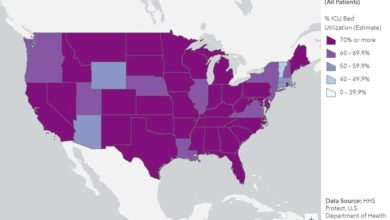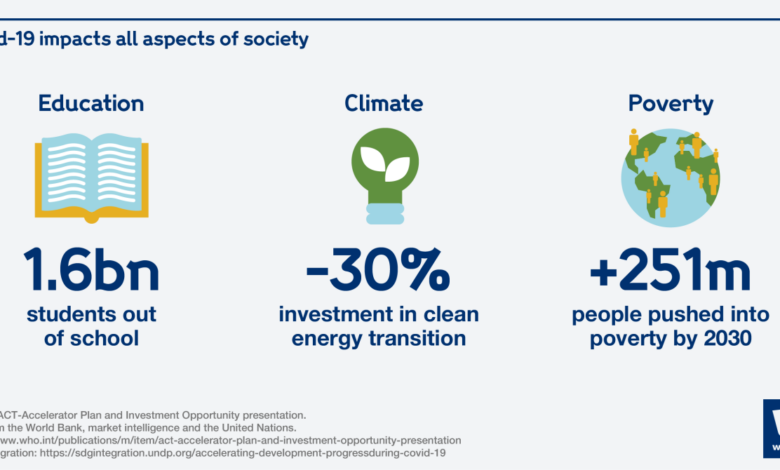
The Need for COVID Reparations: A Call for Justice
The need for COVID reparations has become a pressing issue, sparking debate and raising complex ethical questions. This pandemic, unlike any other in recent history, exposed deep-seated inequalities, disproportionately impacting marginalized communities. The devastating economic, social, and health consequences of COVID-19, particularly for those already facing systemic disadvantages, have ignited calls for a reckoning.
The concept of reparations, historically associated with slavery and colonialism, has now been extended to address the pandemic’s devastating impact. Proponents argue that reparations are not only morally justified but also essential for a just and equitable recovery. They point to the systemic failures that exacerbated the pandemic’s effects, highlighting the need for targeted interventions to address the long-term consequences of COVID-19.
The Concept of Reparations
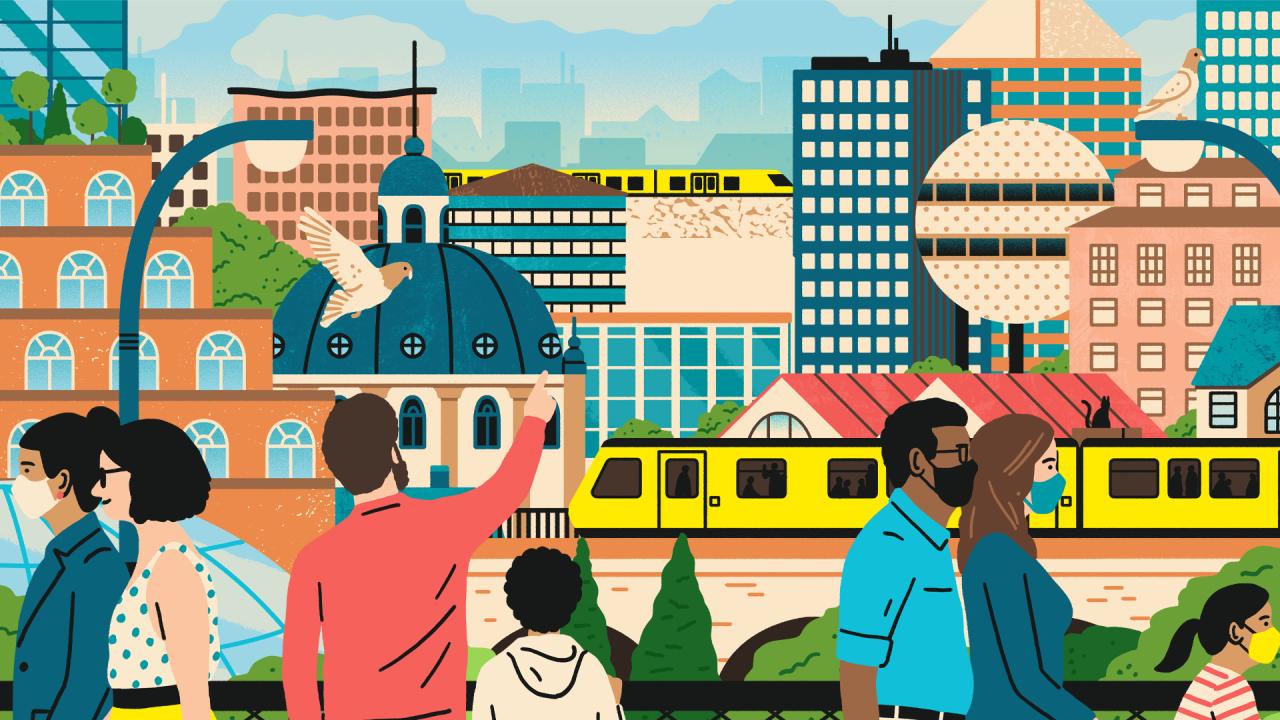
Reparations, in the context of historical injustices, refer to the act of making amends for past wrongs. This typically involves providing compensation, restitution, or other forms of redress to individuals or groups who have been harmed due to systemic discrimination, violence, or exploitation.
Historical and Legal Context of Reparations
The concept of reparations has a long history, dating back to ancient civilizations. In modern times, reparations have been discussed and implemented in various contexts, including slavery, colonialism, and genocide. The legal basis for reparations is often rooted in international law, human rights principles, and domestic legal frameworks.
International law recognizes the right to redress for victims of human rights violations, while domestic laws may establish specific mechanisms for seeking reparations.
Ethical Arguments for and Against Reparations for COVID-19
The ethical arguments for and against reparations for COVID-19 are complex and multifaceted.
Arguments for Reparations
- Addressing systemic inequalities:COVID-19 disproportionately impacted marginalized communities due to existing social and economic inequalities. Reparations could help address these disparities and promote social justice.
- Recognizing and acknowledging harm:Reparations can be a powerful way to acknowledge the harm caused by the pandemic and its unequal distribution. This can help foster healing and reconciliation.
- Investing in recovery:Reparations can provide resources for communities to rebuild and recover from the pandemic’s impact. This could include funding for healthcare, education, and economic development.
Arguments Against Reparations
- Difficulties in assigning blame:Identifying specific entities or individuals responsible for the pandemic’s unequal impact can be challenging. This raises questions about who should be held accountable for reparations.
- Practical challenges:Determining the scope, amount, and distribution of reparations could be complex and politically contentious. This could lead to delays and disagreements.
- Potential for unintended consequences:Some argue that reparations could create resentment and division, rather than promoting healing and reconciliation.
Examples of Historical Reparations and Their Effectiveness
Historical examples of reparations provide valuable insights into the potential benefits and challenges of such programs.
The German Reparations to Israel
Following World War II, Germany agreed to pay reparations to Israel for the Holocaust. This included financial compensation, restitution of stolen property, and support for Holocaust survivors. While the reparations were not without controversy, they played a significant role in the rebuilding of Israel and the lives of Holocaust survivors.
The need for COVID reparations is a complex and urgent issue, demanding a serious conversation about accountability and justice. While we grapple with the ongoing fallout of the pandemic, news of a twitter leak exposing 235 million email addresses from hack serves as a stark reminder of the vulnerability of our personal data in a digital age.
This vulnerability further underscores the need for comprehensive solutions that address both the economic and social impacts of the pandemic, and ensure the security of our information in the future.
The United States’ Reparations for Japanese Americans
During World War II, the United States government forcibly relocated and incarcerated over 120,000 Japanese Americans. In 1988, the US Congress passed the Civil Liberties Act, which formally apologized for the internment and provided financial compensation to the victims. This act acknowledged the injustice of the internment and helped to redress the harm caused.These examples illustrate the potential of reparations to address historical wrongs and promote healing and reconciliation.
However, they also highlight the complexities and challenges involved in implementing such programs effectively.
The Impact of COVID-19
The COVID-19 pandemic has had a profound and enduring impact on societies worldwide, exposing and exacerbating existing inequalities. Its effects have been felt across all sectors, from healthcare and education to the economy and social well-being. However, the pandemic’s impact has not been evenly distributed, with marginalized communities disproportionately bearing the brunt of its consequences.
The Disproportionate Impact on Marginalized Communities, The need for covid reparations
The COVID-19 pandemic has highlighted and amplified existing health disparities and social inequities. Marginalized communities, including racial and ethnic minorities, low-income households, and individuals with disabilities, have experienced significantly higher rates of infection, hospitalization, and death from COVID-
The calls for COVID reparations are growing louder, and it’s clear that we need to address the devastating impact of the pandemic. This need for accountability is only intensified by the recent news that a doctor is calling for the withdrawal of Pfizer and Moderna COVID-19 vaccines following new research, as seen in this article doctor calls for withdrawal of pfizer moderna covid 19 vaccines following new research.
If these claims are substantiated, it could further complicate the reparations discussion, adding another layer of injustice to the already complex situation.
This disproportionate impact can be attributed to a complex interplay of factors, including:
- Socioeconomic factors:Marginalized communities often face higher rates of poverty, unemployment, and lack of access to quality healthcare. These factors increase their vulnerability to COVID-19 by limiting their ability to afford preventative measures, access timely medical care, and maintain social distancing.
- Environmental factors:Marginalized communities are more likely to live in overcrowded housing, work in essential jobs with higher exposure risks, and reside in areas with limited access to green spaces and healthy food options. These environmental factors contribute to increased susceptibility to COVID-19.
- Systemic racism and discrimination:Longstanding systemic racism and discrimination have created a legacy of inequities in healthcare access, housing, education, and employment, making marginalized communities more vulnerable to the pandemic’s impact.
Economic Consequences of the Pandemic
The COVID-19 pandemic has had a devastating impact on the global economy, leading to widespread job losses, business closures, and economic recession. The economic consequences have disproportionately affected marginalized communities, who are more likely to work in low-wage, insecure jobs that were heavily impacted by pandemic-related lockdowns and restrictions.
The need for COVID reparations is a complex and urgent issue, demanding careful consideration and action. While the debate rages on, recent news of the attorney general appointing a special counsel to investigate documents found at Biden’s home office highlights the importance of transparency and accountability in government.
This situation reminds us that amidst pressing concerns like reparations, it’s crucial to maintain trust in our institutions and address potential wrongdoing with diligence.
This has resulted in:
- Increased unemployment and underemployment:Marginalized communities experienced higher rates of job losses and underemployment during the pandemic, as they were overrepresented in sectors such as hospitality, retail, and transportation, which were severely affected by shutdowns.
- Loss of income and financial hardship:The loss of employment and reduced working hours led to significant income loss for many families, exacerbating existing financial hardship and increasing the risk of poverty.
- Disproportionate impact on small businesses:Small businesses owned by people of color and low-income communities were disproportionately affected by pandemic-related closures and restrictions, leading to higher rates of business failure and economic instability.
Social Consequences of the Pandemic
The COVID-19 pandemic has had far-reaching social consequences, including:
- Increased social isolation and loneliness:Pandemic-related lockdowns and social distancing measures have led to increased social isolation and loneliness, particularly among older adults and individuals with disabilities.
- Disruptions to education and childcare:School closures and disruptions to childcare services have had a significant impact on children’s education and development, particularly those from marginalized communities.
- Increased domestic violence and mental health issues:The pandemic has contributed to increased domestic violence and mental health issues, as people face economic hardship, social isolation, and heightened stress.
Health Consequences of the Pandemic
The COVID-19 pandemic has had a profound impact on public health, with:
- Higher rates of infection, hospitalization, and death:Marginalized communities have experienced significantly higher rates of COVID-19 infection, hospitalization, and death, due to a combination of factors, including underlying health conditions, lack of access to healthcare, and exposure to risk factors.
- Disruptions to healthcare services:The pandemic has led to disruptions in healthcare services, including delays in routine medical care, access to essential medications, and mental health support, further exacerbating health disparities.
- Long-term health consequences:The long-term health consequences of COVID-19, such as long COVID, are still being studied, but it is clear that marginalized communities are likely to experience a disproportionate burden of these long-term effects.
Methods of Reparations
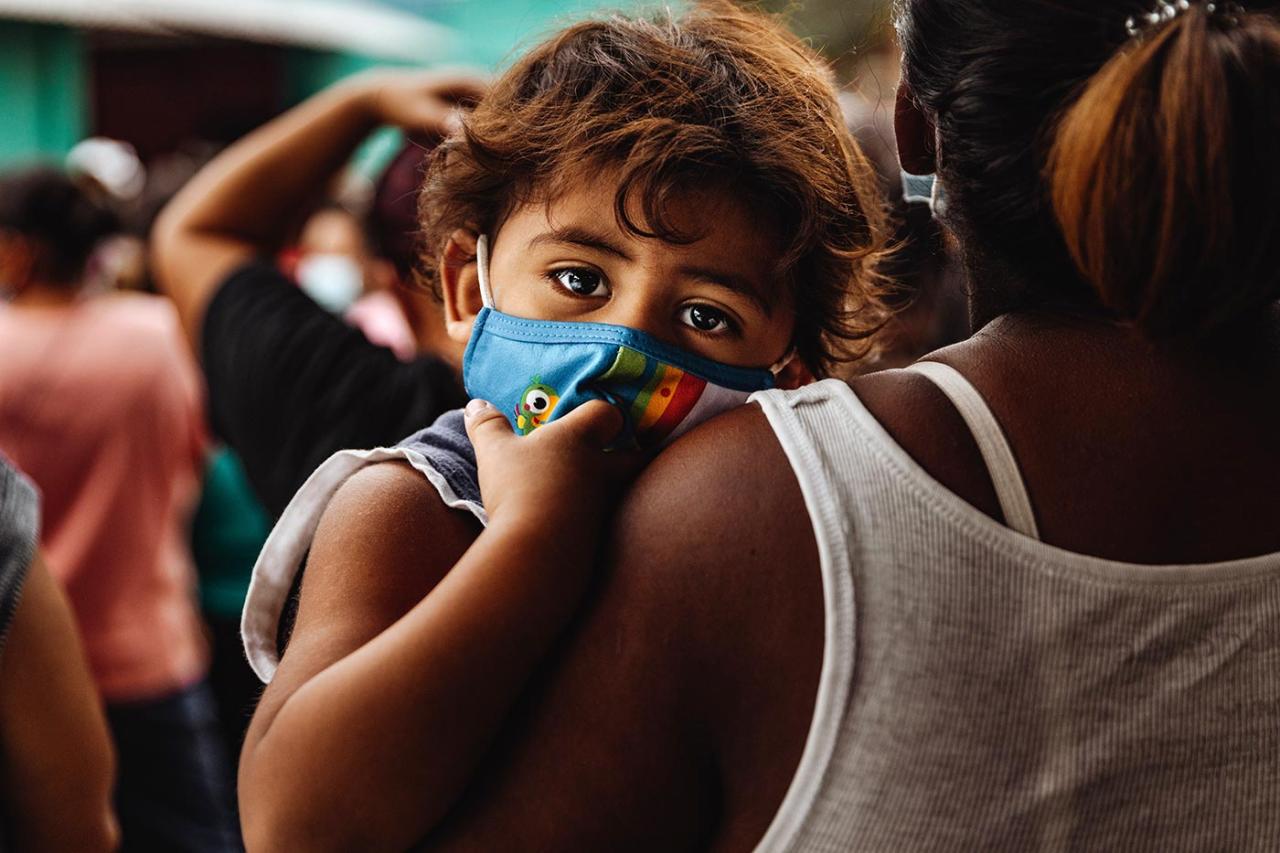
The concept of reparations for COVID-19 is gaining momentum, with many advocating for a comprehensive approach to address the long-term consequences of the pandemic. Several models for reparations have been proposed, each aiming to provide relief and support to those disproportionately affected by the virus.
Cash Payments
Cash payments are a direct and straightforward method of reparations. They can be distributed to individuals or households who experienced economic hardship during the pandemic, such as job loss, business closures, or medical expenses.
“Cash transfers can provide immediate relief to those who are struggling to make ends meet. They can also help to stimulate the economy by increasing consumer spending.”
Cash payments can be targeted to specific groups, such as low-income families, essential workers, or those who lost loved ones due to COVID-19. The amount of the payment can vary depending on factors like income level, family size, and the severity of the economic impact.
Healthcare Access
The pandemic highlighted existing disparities in healthcare access, with marginalized communities experiencing higher rates of infection, hospitalization, and death. Reparations could address these disparities by providing expanded access to healthcare services, including:
- Increased funding for community health centers and clinics in underserved areas.
- Expansion of health insurance coverage to include those who lost their jobs or experienced income loss during the pandemic.
- Investment in mental health services to address the psychological trauma and stress caused by the pandemic.
Economic Support
The pandemic had a devastating impact on the economy, leading to widespread job losses, business closures, and a decline in economic activity. Reparations could provide economic support through:
- Job training programs to help individuals re-enter the workforce.
- Small business grants and loans to help businesses recover from pandemic-related losses.
- Investment in infrastructure projects to create jobs and stimulate economic growth.
Education and Training
The pandemic disrupted education systems worldwide, leading to school closures and learning disruptions. Reparations could address these challenges by:
- Providing additional funding for schools and educational institutions to address learning loss.
- Expanding access to online learning resources and technology for students who lack access.
- Offering scholarships and tuition assistance to students who were impacted by the pandemic.
Outcome Summary: The Need For Covid Reparations
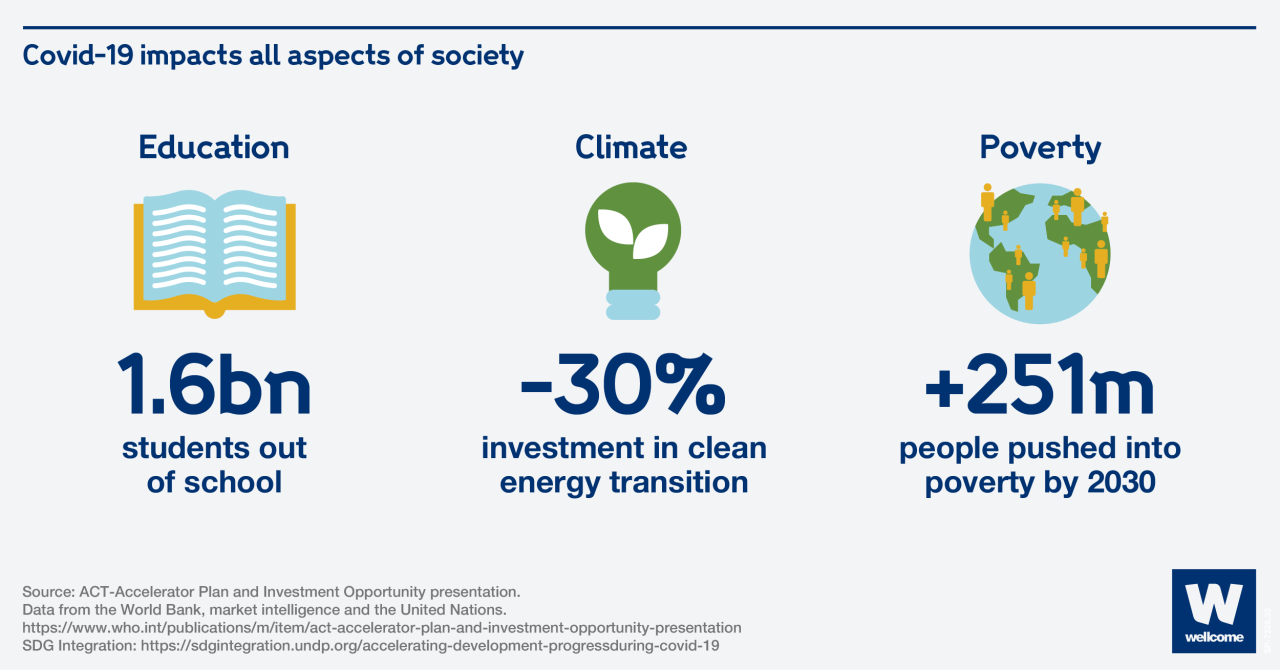
The debate surrounding COVID reparations is far from over. It demands careful consideration of the historical context, ethical implications, and practical challenges. Ultimately, the question of reparations boils down to a fundamental principle: acknowledging and addressing the injustices that have been amplified by the pandemic.
As we navigate the aftermath of COVID-19, the call for reparations serves as a reminder that true recovery requires not only rebuilding what was lost but also creating a more equitable and resilient future for all.




